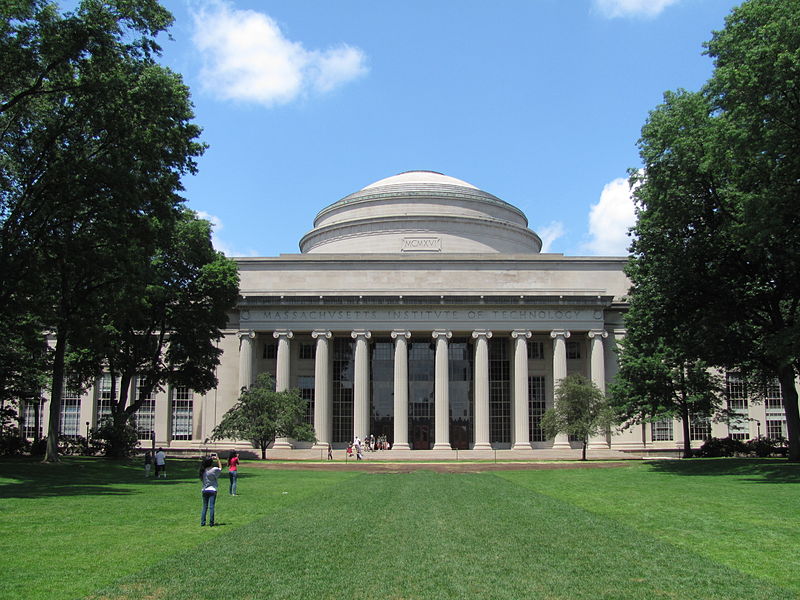What is Learning?

What is learning? It is a simple, but loaded question that has been asked for millennia that has challenged philosophers, psychiatrists, politicians, and educational theorists. The concept of learning could be found in Plato’s Academy in ancient Greece which led to the founding of universities a millennium later[1]. This leads to these questions: Is learning a process? Does it happen at a location? Does it use the brain, body, or soul? Perhaps all these could apply in this circumstance. The Organisation for Economic Cooperation and Development (OECD) suggests that learning begins at birth, and continues until death, between people and their environment[2], therefore, learning is just as much a part of our life as eating or breathing.
In this chapter, the concepts of learning will be outlined that are commonly used inside educational institutions. In addition, some of the most common learning theories, approaches to learning, and learning processes will be discussed.
The learning outcomes in this chapter are as follows:
- Compare, contrast, and critique the three different concepts of learning.
- Describe the similarities and differences between the learning theories presented in this chapter.
- Critique some of the concepts related to the approaches to learning.
- Design and formulate an understanding of a process of learning.

